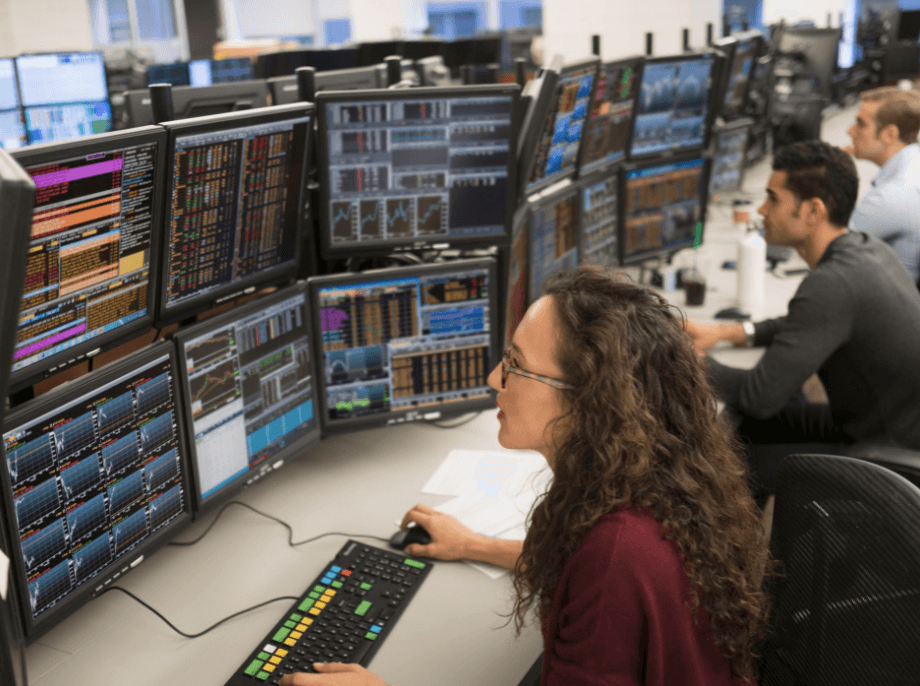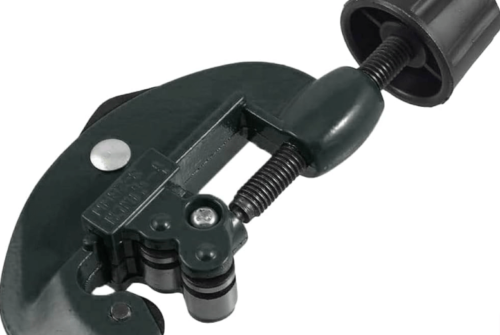
More than $4.5 trillion transactions are taking place on the Forex market, and its increasing value has made it one of the largest trading markets all over the world. As there is no central FX marketplace, the traders are bound to do their business taking help from a broker. A growing number of brokers make the selection of an FX broker more complicated, but if someone follows the methods described below, choosing the right broker within the shortest possible timeframe will be possible.
Regulatory Compliance
Honest brokers will be members of the National Futures Association (NFA) and register with the U.S. Commodity Futures Trading Commission (CFTC) to be Futures Commission Merchants and Retail Foreign Exchange Dealers. NFA is a regulatory organization for the industries in the United States, and it develops programs, services, rules, and regulations to protect the business owners from fraud and helps the members to execute regulatory responsibilities.
The CFTC is a government agency that regulates the commodity futures and options markets. A gorgeous-looking website will not guarantee security always, and without being under the regulatory authority, a broker may cheat with the traders. Due to safety and integrity issues, Forex accounts are generally opened with regulated firms.
Account details and offerings
Each broker offers different types of account opening facilities. Leverage and margins play a significant role because participants need varieties of leverage opportunities to open trades. The ratio of leverage ranges from 100:1 or 50:1, but the ideal ratio is 100:1 and not more than that. Leverage helps a businessman to take a bigger lot with the help of a broker.
For example, a $1000 account can hold the value of $50000 with the power of leverage, which surely increases the profit too. Sometimes due to leverage, the trader’s account can be destroyed as the amount of loss can be increased due to high leverage.
Leverage should be utilized with caution, and before the selection of an FX broker, these issues must be discussed. If possible, use the CFD demo account and find the optimized leverage for your trading style. By knowing about your trading techniques in a paper trading account, the overall broker selection will become much easier.
Commissions and spreads
A broker takes the commissions and spreads as his service charge, and they will not care if an investor is getting profit or facing loss. The percentage of the spread that a broker gets can be the difference between the asking price and the bid price in the FX pair.
Some brokers advertise themselves that they will take no commission and they will charge based on spreads. For instance, the broker’s spread can be based on three pips or sometimes depending on the market volatility. If the spread is wider, it becomes tough for the newbies to make a profit.
Initial Deposits
Many brokers offer packages of the initial deposit in different ranges, such as $50 to $100, which will increase the buying power to a greater extent. Most of the newbies get attracted by this opportunity and cannot control their greed to choose a broker who is not regulated by the authorities. Initial deposit is a requirement for opening trade, but it does not compel someone to choose the wrong broker; instead, he should choose a broker based on reputation.
Hustle-free withdrawals or deposits
The reputed broker will make the transactions easier, and investors may withdraw the profit using wire transfer, providing a small charge. Deposits can be made using credit cards, PayPal, or wire transfers based on funding policies, which you can read on the broker’s website before trading.
Conclusion
Confidence is the key to success in running a Forex business, and the selection of a reputed FX broker can accelerate the positive vibe. Choosing the right broker will help to do the Forex trading properly and return the huge profit as a reward.




